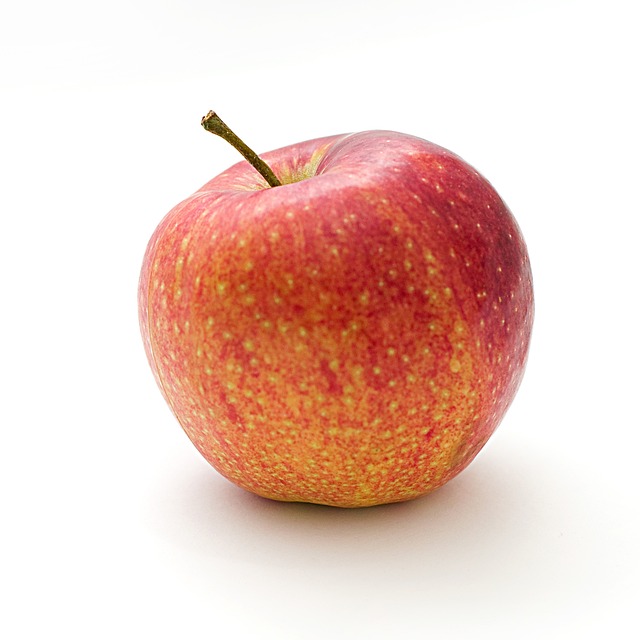Probiotics 101: A Beginner’s Handbook for Optimal Gut Health
Introduction to Probiotics
Probiotics are live microorganisms that provide numerous health benefits when consumed in adequate amounts. These beneficial bacteria and yeasts help maintain a balanced gut microbiota, which is essential for overall gut health. In this beginner’s handbook, we’ll explore what probiotics are, their importance, and how you can incorporate them into your daily routine for optimal gut health.
The Importance of Gut Health
The gut microbiota plays a crucial role in maintaining our overall health. It aids in digestion, nutrient absorption, immune function, and even influences our mental well-being. An imbalance in the gut microbiota, known as dysbiosis, can lead to various health issues such as digestive disorders, weakened immunity, and even mood disorders. Maintaining a healthy gut flora is essential for overall well-being.
What are Probiotics?
Probiotics are live microorganisms, including bacteria and yeasts, that colonize the gut and offer health benefits when consumed in adequate amounts. These beneficial microorganisms interact with the gut microbiota, helping to maintain a diverse and balanced ecosystem in the digestive tract. Commonly known probiotics include various strains of Lactobacillus and Bifidobacterium.
Health Benefits of Probiotics
Probiotics offer several health benefits, including:
- Improvement in digestive health by enhancing nutrient absorption and reducing symptoms of irritable bowel syndrome (IBS), constipation, and diarrhea.
- Strengthened immune system, reducing the risk of infections and allergies.
- Support for overall mental health by improving mood and reducing symptoms of anxiety and depression.
- Prevention and management of certain skin conditions like eczema and acne.
- Enhanced oral health by reducing bad breath, gum problems, and cavities.
- Regulation of cholesterol levels and blood pressure, therefore reducing the risk of heart disease.
Sources of Probiotics
Probiotics are naturally found in some fermented foods and dairy products. Here are some common sources of probiotics:
- Yogurt: Choose varieties with live and active cultures.
- Kefir: A fermented milk drink packed with beneficial bacteria.
- Sauerkraut: Fermented cabbage that offers a good amount of probiotics.
- Kimchi: A traditional Korean dish made from fermented vegetables.
- Miso: A traditional Japanese paste made from fermented soybeans.
- Tempeh: A fermented soy product that serves as a great source of probiotics, especially for vegetarians and vegans.
Supplements and Probiotic Strains
If you find it difficult to incorporate probiotic-rich foods into your diet, you can also consider taking probiotic supplements. These supplements come in various forms such as capsules, tablets, powders, and even chewable gummies. It’s important to choose high-quality supplements that contain specific strains of bacteria or yeasts shown to provide health benefits. Look for strains like Lactobacillus acidophilus, Lactobacillus casei, Bifidobacterium longum, and Saccharomyces boulardii when selecting a probiotic supplement.
Best Practices for Taking Probiotics
To ensure maximum effectiveness, here are some best practices for taking probiotics:
- Follow the recommended dosage provided by the manufacturer or your healthcare professional.
- Store probiotics according to the instructions to maintain their potency.
- Pair probiotics with prebiotic foods, such as bananas, garlic, onions, and asparagus, to provide nourishment for the beneficial bacteria.
- Consider taking probiotics with a meal to protect them from stomach







